TL;DR
- Alongside the big Android 16 release in Q2 of 2025, Google will also roll out a minor Android release in Q4 with new developer APIs.
- Going forward, Android will have more of these minor releases so that Google can bring new APIs in front of apps more quickly.
- However, these minor releases won’t have any app-impacting behavior changes.
Every year, Google releases a major version of Android that brings new APIs to the table, and in 2025, that version will be called Android 16. The company also regularly releases minor updates to Android called quarterly platform releases (QPRs), but these updates typically only bring new features and not any new APIs. Rarely, though, Google will push out a QPR that does have new APIs, necessitating a bump in the SDK version as well as a new name. The last time it did this was with 12L back in 2022, and before that, with 8.1 in 2017, but Google is now overhauling Android’s release schedule so that it can push out more of these kinds of minor releases.
Earlier today, Google announced that Android will have more frequent SDK releases going forward and that two releases with new developer APIs are planned for 2025. The first release will happen in Q2 of 2025, and it’ll be the big Android 16 update.
The Android 16 release date is months earlier than usual because Google wants the update to be ready sooner. Other than an accelerated release, nothing else is changing from a developer’s perspective. Android 16 will have new features, app-impacting behavior changes, API changes, and new APIs just like Android 15 and all previous major releases, but developers already know the drill by now.
However, Android 16 won’t be the only release next year that has new developer APIs. As I just mentioned, there will be two releases next year with new APIs. The second release will happen in Q4 of 2025, but it’ll be a minor release compared to Android 16.

Android's 2025 release timeline overview
We don’t know if the Q4 2025 minor release of Android will have its own marketing name, so we’ll refer to it as Android 16 QPR2 for now, as it should be the second quarterly release of Android 16.
What will the Android 16 QPR2 update bring?
Google says the Android 16 QPR2 update will add “feature updates, optimizations, and bug fixes” to the initial Android 16 release. It will also include new developer APIs and resources but, importantly, will not include any app-impacting behavior changes. By not including any backward compatibility changes, Android 16 QPR2 will be optional for developers to support and will not require them to rebuild their apps.
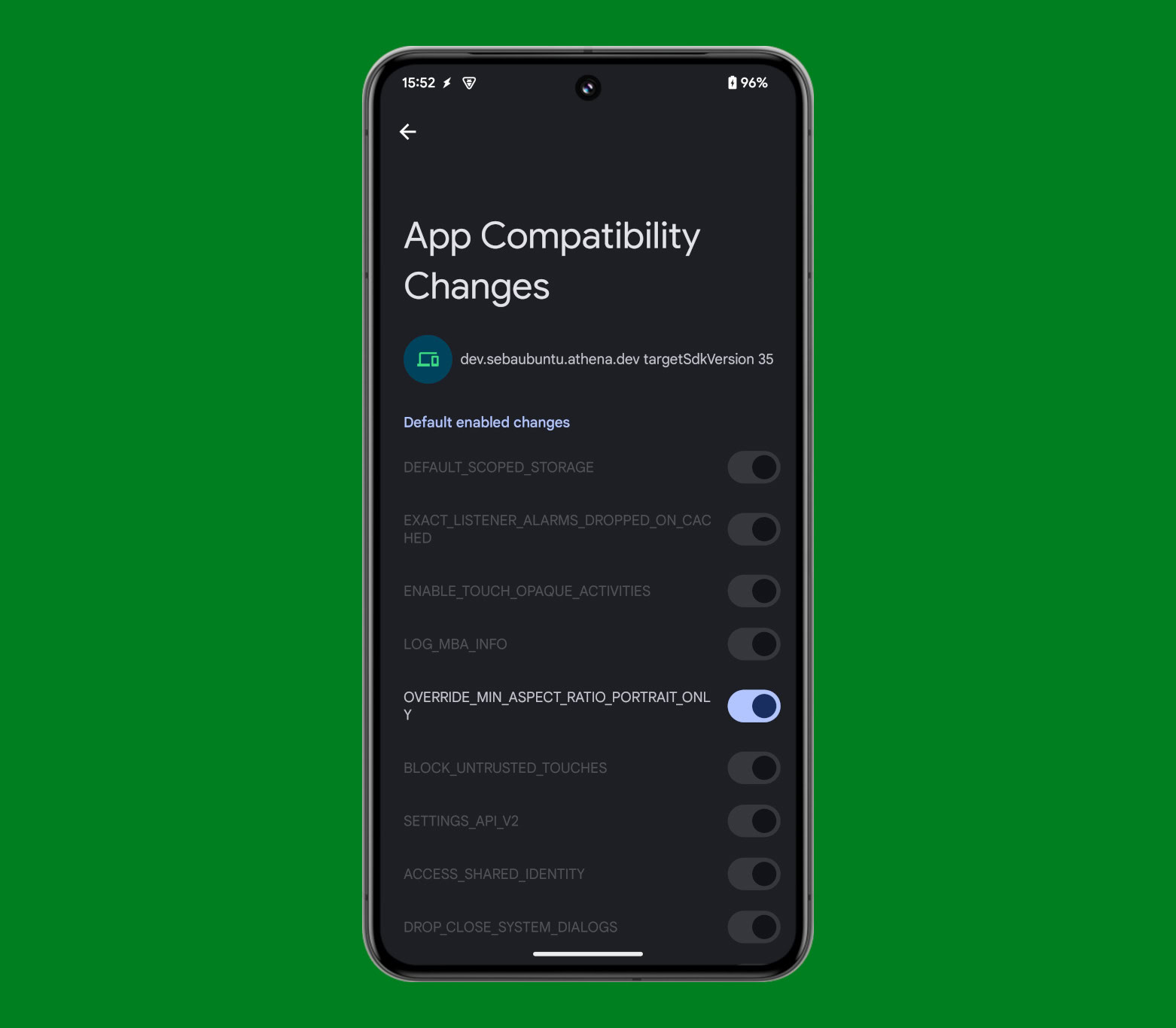
Mishaal Rahman / Android Authority
The app compatibility changes page in Android, which lets developers toggle app-impacting behavior changes. Minor releases of Android won't include new app-impacting behavior changes.
Developers interested in using the new APIs that Google will introduce in Android 16 QPR2 will need to check both the major and the minor SDK versions. Major releases will, as usual, increment the major SDK version, e.g., the major SDK version of Android 16 will be “36” as it’s “35” for Android 15. Minor releases will increment the new minor SDK version instead. The minor SDK version is set to 0 for major Android releases, but it’s incremented by one each time there’s a new minor release with new APIs.
So, for example, the Build.VERSION.SDK_INT constant (which is old) and the Build.VERSION.SDK_MINOR_INT constant (which is new) should return “36” and “0,” respectively, for the Android 16 major release in Q2 2025. Those same constants should return “36” and “1,” respectively, for the Android 16 QPR2 minor release in Q4 2025. Google says its upcoming Android 16 Developer Preview will include a new constant that captures both the major and minor SDK versions, so developers will only need to check this constant to see if a particular device is running a minor release of Android.
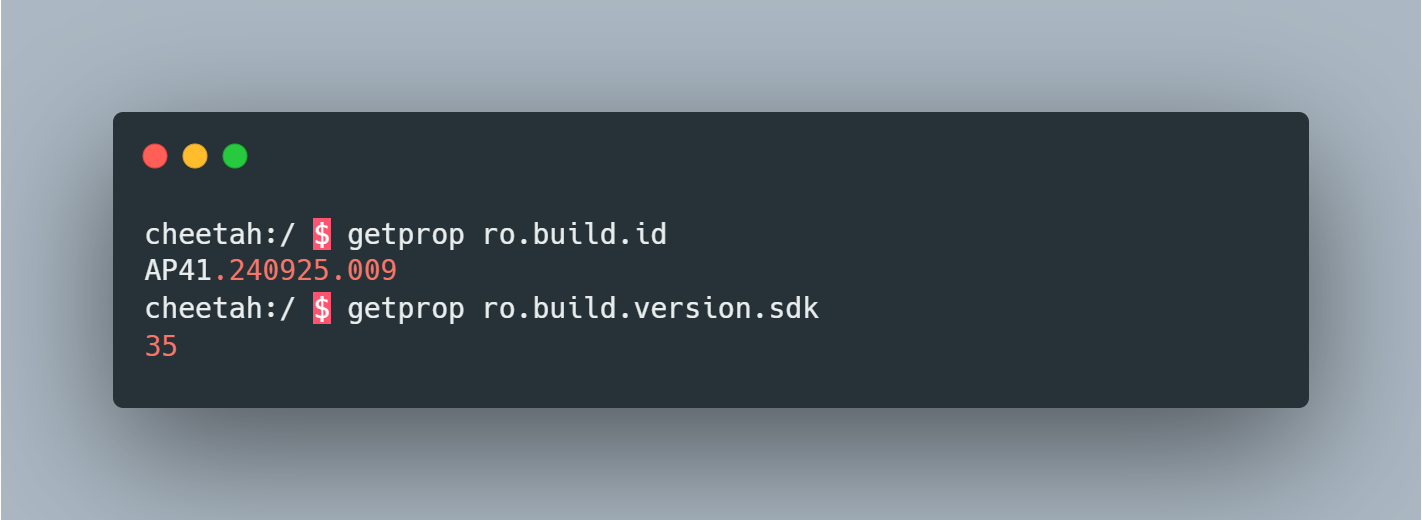
Mishaal Rahman / Android Authority
The major SDK version for the most recent Android 15 QPR1 Beta 3 release is "35." There is no minor SDK version as that constant has not been added yet.
Developers who aren’t interested in the minor releases won’t be forced to support them, as targeting a minor SDK version isn’t even supported. The Google Play Store also won’t be changing its target API level requirements, which means that developers will only need to consider the changes introduced in the yearly major release. Of course, new APIs that Google introduces in a minor release of Android will carry over into the next major release, so it may be worth at least taking a look.
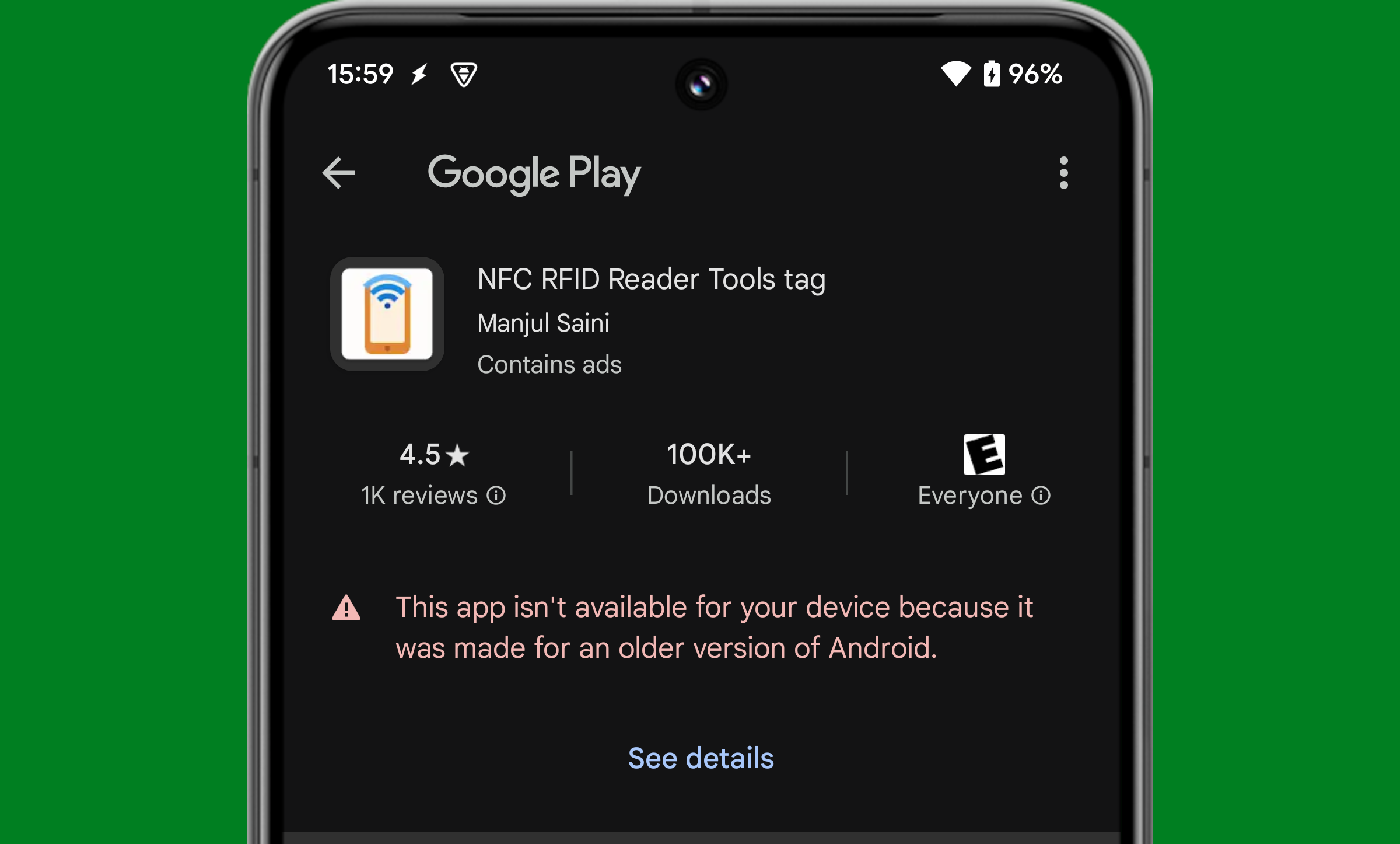
Mishaal Rahman / Android Authority
Apps that target versions of Android that are too old will be marked as incompatible with newer devices on Google Play, in accordance with Google's target API level requirement. Fortunately, the target API level requirement won't consider minor releases of Android.
With this accelerated release schedule, Google aims to “drive faster innovation in apps and devices, with higher stability and polish for users and developers.” Android’s existing yearly release cycle, while predictable, is also problematic because it ties the hands of OEMs and silicon vendors and also prevents Google from introducing new APIs as quickly as it wants to.
Got a tip? Talk to us! Email our staff at [email protected]. You can stay anonymous or get credit for the info, it's your choice.


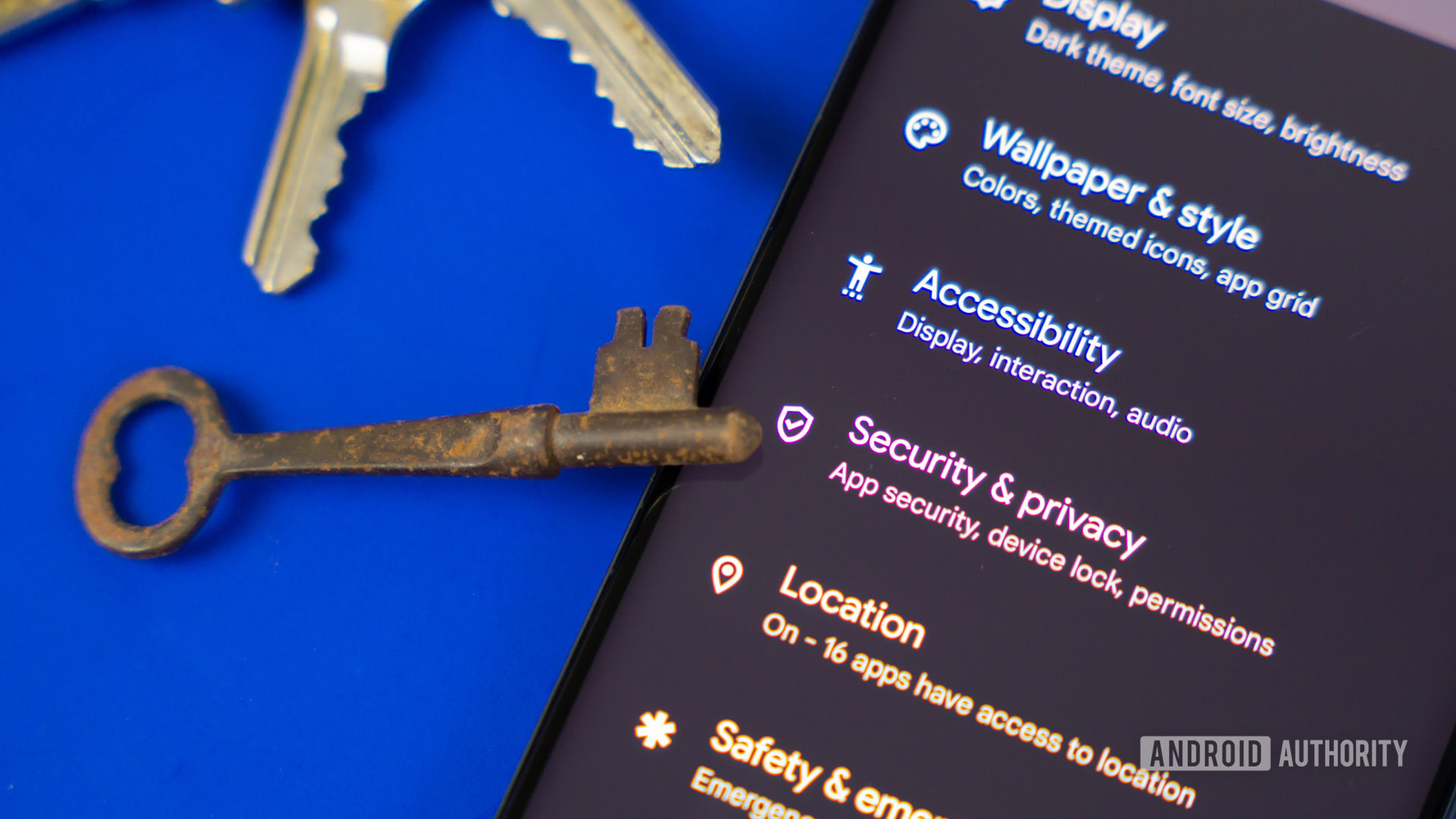
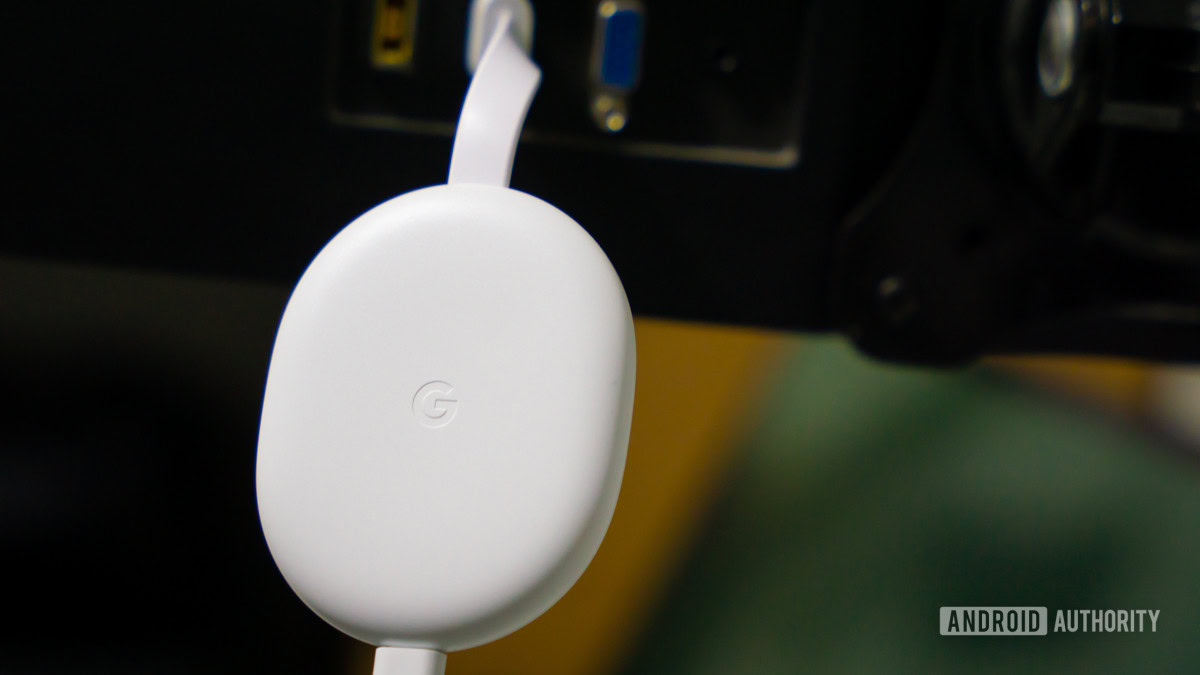




 English (US) ·
English (US) ·